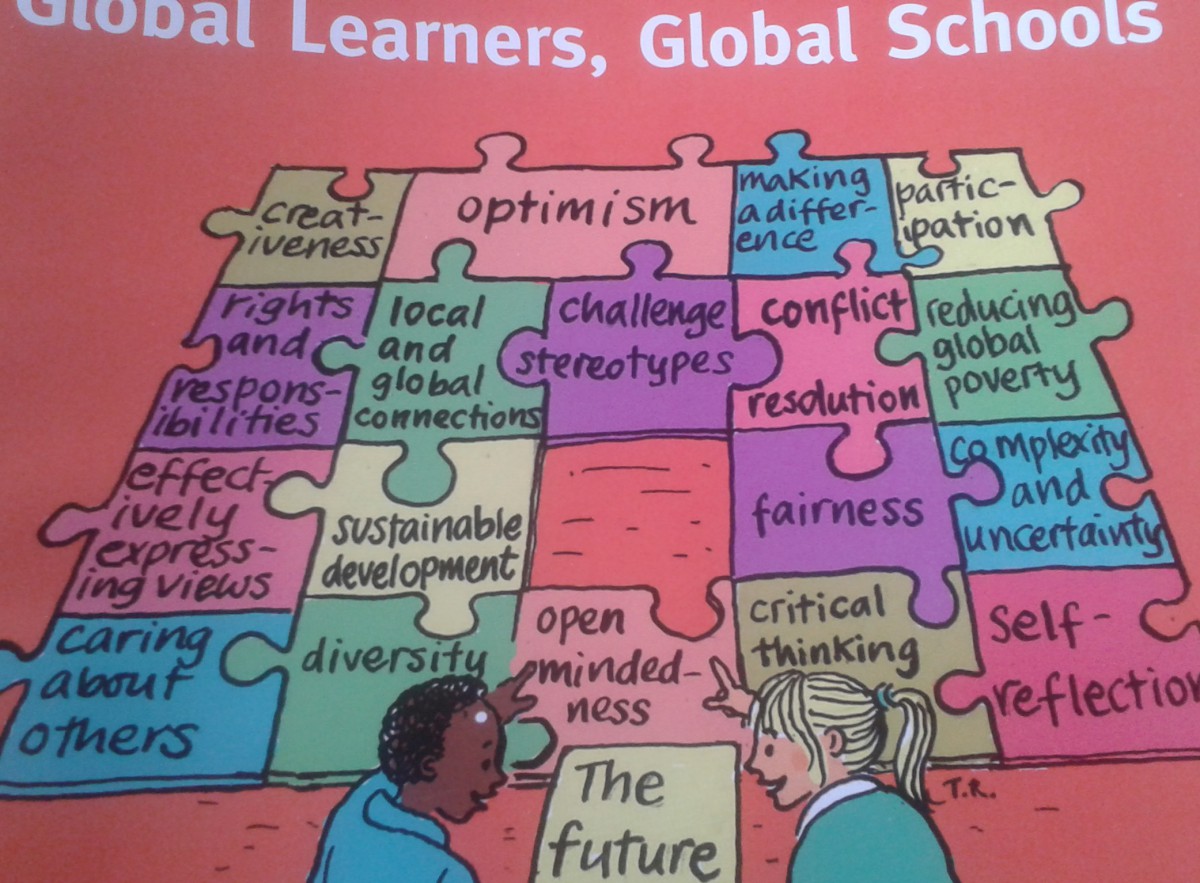
800 years ago King John was forced, more or less, to sign and agree to the Magna Carta. Of all the rules and laws established on that day, there are very few still used in Britain today. But these few could be described as the much debated and current Cameron/Gove favourite ‘British’ values (see earlier post entitled ‘what value(s) do you have…’), as they encompass the rule of law, individual liberty, democracy and respect. The Magna Carta also formed the basis of the United States’ Bill of Rights established following American independence, and then after the Second World War, the United Nations Declaration of Human Rights. Interestingly, the only country in the whole world to have not agreed and signed up to this is the United States. So this historic Magna Carta document, designed to restrict the powers of the monarchy, is often regarded as the foundation on which liberty, justice, equality and human rights in the modern era were built. And it has even led to support for the Rights of the Child.

At CDEC – Developing Global Learning our main support for schools is in developing critical thinking and skills with a view to empowering teachers and pupils in interpreting the world around them, unravelling some of the complexities of the problems people face, and encouraging participation in tackling injustice, inequality, poverty and discrimination. Such global learning provides a platform for pupil voices and opportunities to stand up to oppression, homophobia and racism whilst promoting and celebrating diversity and equality. These are themes that could also be labelled liberty, democracy and respect. And so we have been helping schools, teachers and Headteachers to promote the British Values, as required by OFSTED under the Spiritual, Moral, Social and Cultural (SMSC) development of pupils – for more details as to how we support schools with this contentious issue, please see the aforementioned earlier blog).

The UNICEF UK Rights Respecting Schools Award (RRSA) is gaining momentum in schools as well. It takes the United Nations Convention on the Rights of the Child as its underpinning values, and supports schools in moving from a Needs-driven provision to a Rights-driven approach to all aspects of school life. It includes leadership and management, ethos, values and a global approach to learning; that is, everything Development and Global Education aims to promote and develop.
One of the common problems teachers associate with a rights-driven ethos in a school is that children will become standard-bearers of their own rights, constantly proclaiming their rights and how their teachers do not have the right to do/say this or that. Teachers often then go on to say that ‘you can only teach children about their rights if you also teach them about responsibilities too’. One of the key messages from the RRSA programme however is that we, the adults, are the duty-bearers for Children’s Rights, and that we are bound by International Law to uphold and champion Children’s Rights, for all children, everywhere, all the time. And that children have no so duty. They do not have a responsibility to uphold their own rights. But to gain the Award, to become a rights-respecting school, all members of the school community – pupils, staff, governors, parents, must respect all the pupils’ rights. So that means children have to respect all the other children’s rights. It also means that every child in the UK is linked to almost every other child in the whole world by the fact that they all have the same rights.![]()
